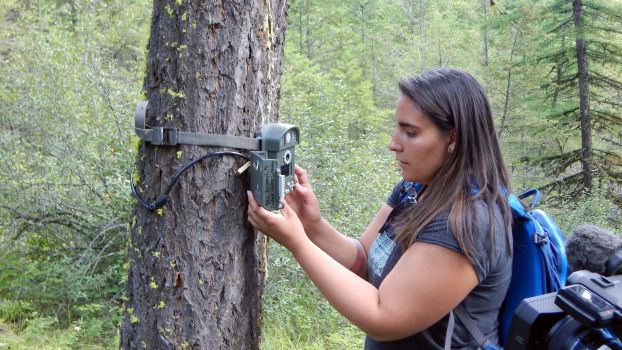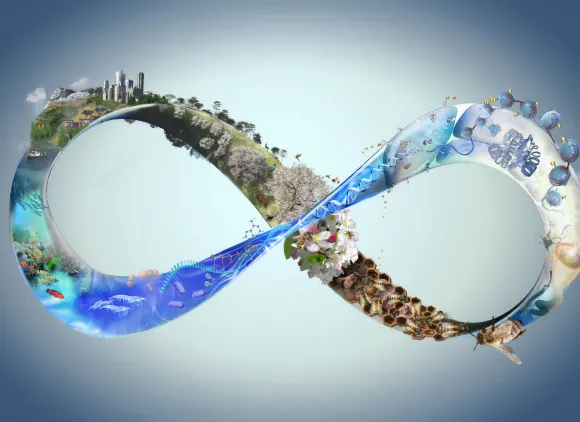What we support
- Building a resilient planet: We support research on how biology and biological systems interact with the environment to better predict and respond to change. We also support efforts to develop new crops, understand and mitigate disease, and conserve natural resources and key species.
- Advancing emerging industries: We support research to understand and use living systems to improve lives through the creation of novel biotechnologies that advance the U.S. bioeconomy and national security. We also advance research that furthers the development of other emerging fields such as AI.
- Integrating across the biological sciences: We support research that brings together people, methods, tools and concepts from subdisciplines within and outside biology to make substantive progress on bold questions in biology.
- Creating opportunities everywhere: We support broadening participation in the biological sciences through focused programs, broader impacts and facilities that democratize access to knowledge and tools.

Who we are

Dr. Susan Marqusee
Assistant Director

Dr. Simon Malcomber
Assistant Director
Divisions and offices
Division of Biological Infrastructure (DBI): Invests in the innovation and capacity-building of cutting-edge research infrastructure for fundamental biological science that includes human capital, technologies, institutes and centers, and mid-to-large scale facilities.
Division of Environmental Biology (DEB): Supports fundamental evolutionary and ecological research on species, populations, communities and ecosystems, across all spatial and temporal scales.
Division of Integrative Organismal Systems (IOS): Supports fundamental research aimed at understanding organisms as units of biological organization, encouraging the use of integrative, interdisciplinary approaches to solving complex problems in organismal biology.
Division of Molecular and Cellular Biosciences (MCB): Supports quantitative and interdisciplinary approaches to deciphering the molecular underpinnings of complex living systems.
Emerging Frontiers Office (EF): Supports multidisciplinary research opportunities and networking activities that arise from advances in disciplinary research. By encouraging synergy across disciplines, EF provides mechanisms by which new initiatives will be fostered and subsequently integrated into the other divisions' core activities.



